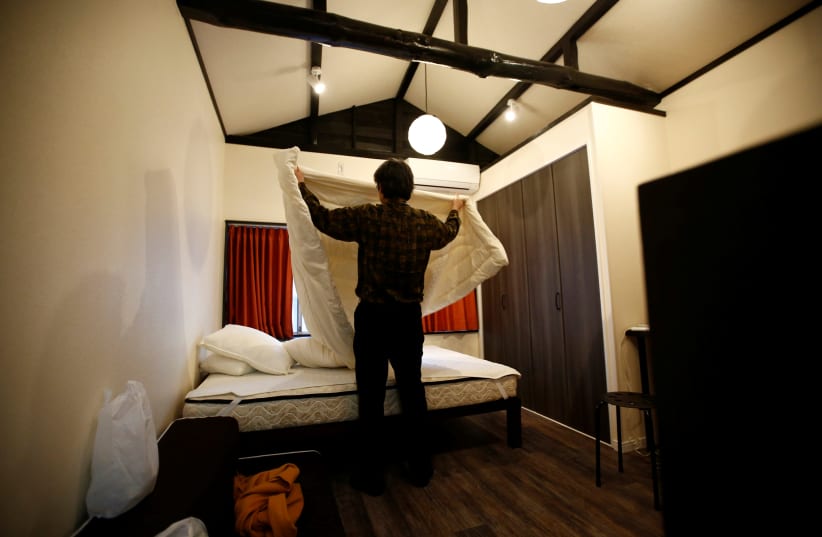If the acquisition and ownership of property once represented the ultimate consumer aspiration – perceived as enabling independence and freedom – such ambitions have started to fade in recent years.
Rather than seeking long-term possession, young consumers are instead embracing experiences, comfort and flexibility. The sharing economy has emerged, enabling convenient access to goods and services rather than control.
Whether it is Airbnb or WeLive for property, Uber or Lyft for travel, and TaskRabbit for outsourcing household chores and errands, the traditional property and service markets are undergoing rapid change.
According to Shelly Kreiczer-Levy, professor of Law at Ramat Gan’s College of Law and Business, existing property law and regulations are overly concerned with stability, and must adapt to adequately protect the increasing preference for flexibility.
“The law generally protects ownership and long-term possession, and now we see all these forms of using property without ownership or long-term possession,” Kreiczer-Levy told The Jerusalem Post.

“Flexibility has plenty of advantages, so we need to think what the law can do to protect people’s choices.”
For Kreiczer-Levy, one of the first researchers evaluating the topic, there are three key fields in which current legal provisions do not respond well to the developing sharing economy.
The first challenge is the field of regulation, which often concerns issues of taxation, insurance and zoning rules for owners seeking to rent out their property.
“Local governments and states need to think about how regulations impact the opportunity to access and use property more flexibly,” said Kreiczer-Levy. “They have to think of incentives for owners. If an owner wants to rent out his car but has a problem with insurance, then he simply won’t do it. If he wants to rent out his apartment but needs to pay taxes as if it were a business, then he won’t do it.”
A second challenge, Kreiczer-Levy added, relates to the application of current anti-discrimination laws to the sharing economy, which usually apply to public places, such as hotels or hostels, or rental services offered by commercial companies, including car2go.
“What happens as an individual?” she said. “There is a room in my own home, but can I discriminate when I rent it out to other people? We have to update anti-discrimination laws to ensure that owners aren’t discriminating.”
The third challenge concerns the responsibilities of platforms, such as Airbnb and the peer-to-peer car-sharing company Turo. For owners and users to depend on such platforms, and for them to become central to our lives, there needs to be procedures and responsibilities.
“One of the things we have to think about is how platforms regulate entry and exit,” said Kreiczer-Levy. “Right now I can say that I don’t like a particular user, barring his entrance or forcing his immediate exit. I can do it for arbitrary or discriminatory reasons, but there are no opportunities for fair process in any way.”
The legal challenges will be presented in Kreiczer-Levy’s book Destabilized Property: Property Law in the Sharing Economy, set to be published in October by Cambridge University Press.
The sharing economy, she added, might be also be better described as a series of different sharing economies.
Each different sharing model poses different legal challenges, whether its peer-to-peer or commercial, communal or government-led sharing, or even a hybrid commercial-governmental model in partnership with local authorities.
“I believe that we need to preserve some level of peer-to-peer sharing because then property is dispersed and power is dispersed,” said Kreiczer-Levy. “If property is concentrated in the hands of commercial companies or the government, then power is concentrated. The sharing economy started without regulation, and it was so attractive because it bypassed the regulations. Regulation has to be sensitive not to overburden the peer-to-peer markets, although some is necessary to protect people.”
